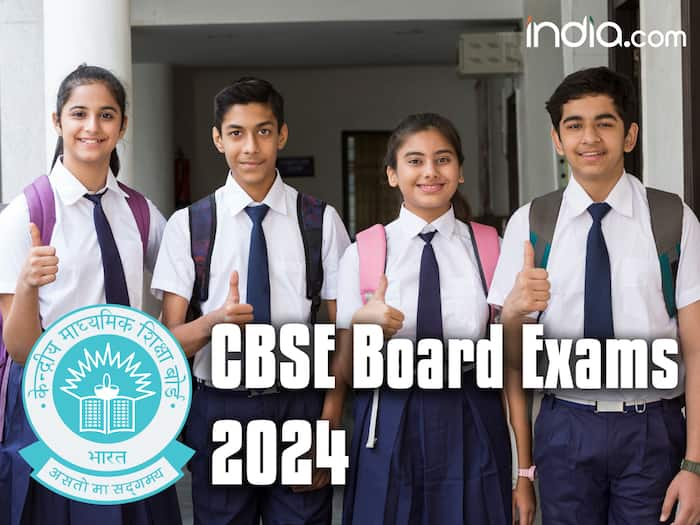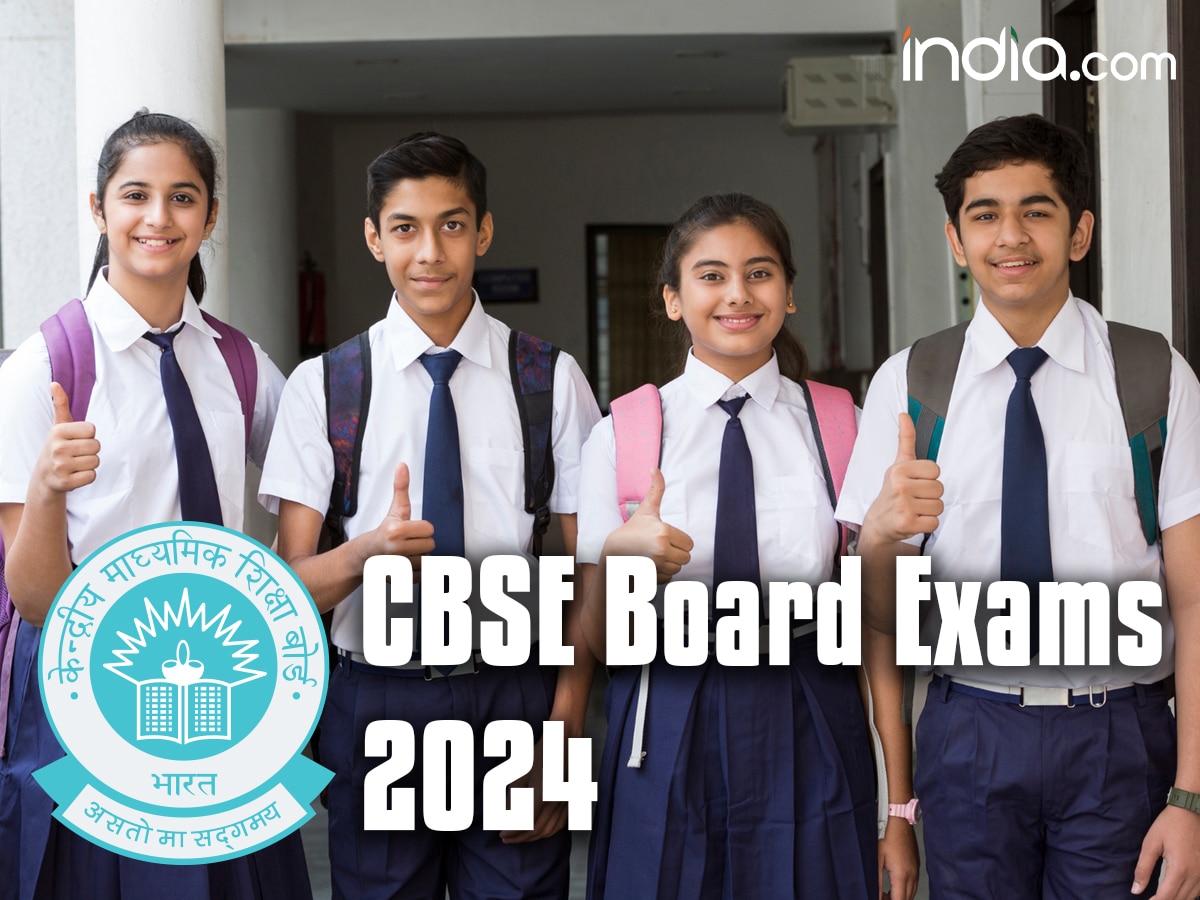CBSE is reportedly planning a pilot run of open-book assessments in selected schools, targeting subjects English, Mathematics, and Science for Classes 9 and 10. Know its pros and cons and how it will impact students.

CBSE: The Central Board of Secondary Education (CBSE) is reportedly planning a pilot run of open-book assessments in selected schools, targeting subjects English, Mathematics, and Science for Classes 9 and 10, and English, Mathematics, and Biology for Classes 11 and 12. The idea was floated in the last governing body meeting of the Board in December, 2023. As per the PTI report, Officials, however, said there is no plan to adopt the format in class 10 and 12 board exams.
“The CBSE is planning a pilot run of open-book assessments in selected schools, targeting subjects English, Mathematics, and Science for Classes 9 and 10, and English, Mathematics, and Biology for Classes 11 and 12. The aim is to gauge the time taken by students to complete these tests and gather feedback from stakeholders. “The plan is in line with recommendations made in the National Curriculum Framework. These tests would undergo a pilot phase in schools to evaluate various aspects such as completion time, suitability for formative and summative assessment, and stakeholders’ perceptions,” a senior board official was quoted as saying to news agency PTI. But what is an open-book exam plan? How it will impact students. To know more, read this article.
What is an Open Book Exam Plan in General?
Emerging as a prominent alternative to the age-old, traditional closed-book exams, open-book examinations now have a steady hold on educational methodologies worldwide. This new method enables students to flip through their textbooks, peek at notes, and utilize other resources whilst taking the test. The objective is less about memorizing facts and figures and more about the student’s ability to comprehend and apply the concepts learned.
In simple words, in an open-book exam, students are allowed to carry their notes, textbooks, or other study material and refer to them during the exam. Examinees are allowed to bring reference materials or textbooks into the examination room. Unlike traditional exams where students are expected to rely solely on their memory and understanding of the material, open-book exams allow students to consult their notes or textbooks during the test.
Open-Book Exams (OBE) can be of two kinds: a restricted type or a free type. Speaking of restricted open book assessment, only the study material approved by the exam-conducting authority is permitted during the examination. In a free type, candidates or examinees are allowed to bring any material they find relevant and useful.
While CBSE is concerned, the pilot will be focused on assessing higher-order thinking skills, application, analysis, critical and creative thinking, and problem solving abilities. While the design, development, and review of Open Book Tests is proposed to be completed by June 2024, the pilot testing of the materials in schools is being planned in November-December 2024, PTI reported.
Is Open Book Exam Plan New In India?
No, open-book examinations have been conducted at Delhi University. Even, though the Central Board of Secondary Education(CBSE) had previously experimented with an Open Text-Based Assessment (OTBA) format for the year-end exams of Classes 9 and 11 for three years from 2014-15 to 2016-17. However, based on negative feedback from stakeholders, it was scrapped.
Drawing from this experience, discussions within the curriculum committee emphasised the importance of high-quality textbooks and suggested involving teachers in the initial OBE trials to ensure standards akin to advanced placement exams.
In 2014, Open Text-Based Assessment was introduced in Class 9 for subjects such as Hindi, English, Mathematics, Science, and Social Science. Meanwhile, OTBA was held for the final examination of Grade 11th in subjects such as Economics, Biology, and Geography. Speaking of colleges, central universities such as Jamia Millia Islamia(JMI), Delhi University, Aligarh Muslim University, Jawaharlal Nehru University, and several other universities conducted the open book test during the deadly COVID-19 pandemic.
Earlier in 2020, the Delhi High Court allowed Delhi University to hold online open-book examinations for final-term students with certain directions. A single-judge bench of Justice Prathiba M Singh allowed the varsity to conduct online open book exams on conditions that the question paper should be available on the portal as well as should be emailed to all the students appearing in the exams.
Pros And Cons of Open Book Exam(General)
- Reduced Pressure: Since examinees have access to their textbooks, study material, and other resources, they may feel less pressure during the exam.
- Promotes Deep Understanding: Open book exams encourage examinees to understand the material thoroughly rather than simply memorizing facts.
- Encourages Critical Thinking: With access to resources, students are often required to analyze and evaluate information critically.
- Fairness: Open book exams can be perceived as fairer since all students have access to the same resources.
Cons:
- Time Management: During an open book exam, students can struggle with time management as they might spend too much time searching for information.
- Risk of Dependence: Some students may become overly reliant on their resources.
Present Scenario
In the governing body meeting, the board also contemplated on making the teachers take the open-book exams first to grasp the “potential” of multiple answers in OBE questions. The CBSE chairman stressed upon the need to learn from Delhi University’s experiences to calibrate CBSE’s OBE preparations effectively. As per a PTI report, Jyoti Sharma, a professor from Delhi University, who was present at the meeting drew parallels with the Advanced Placement (AP) exams for US college entrance, lauding their question clarity and quality, advocating for a similar high standard in OBE content. She suggested CBSE should consider AP questions as benchmark for drafting quality CBSE OBE content.

